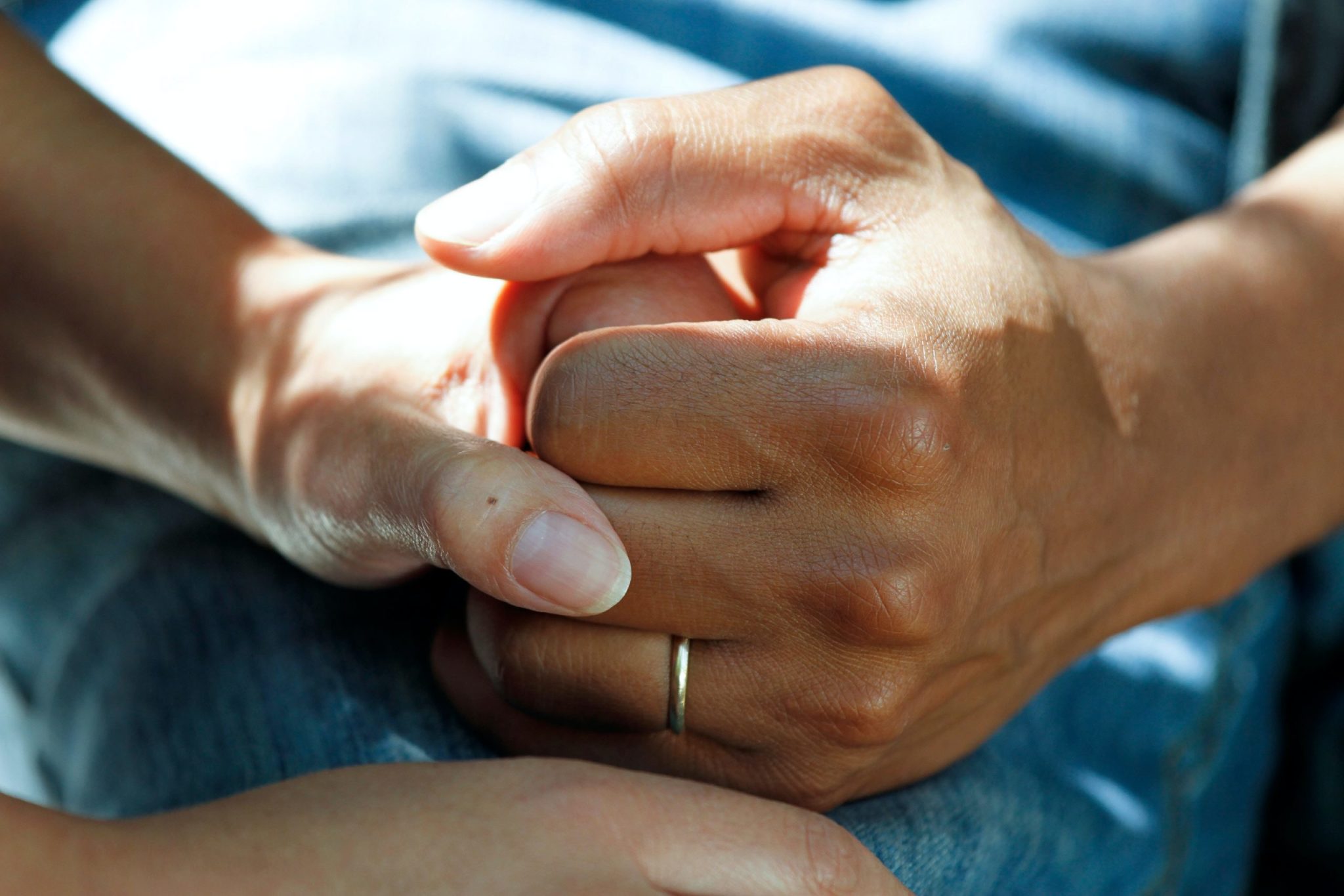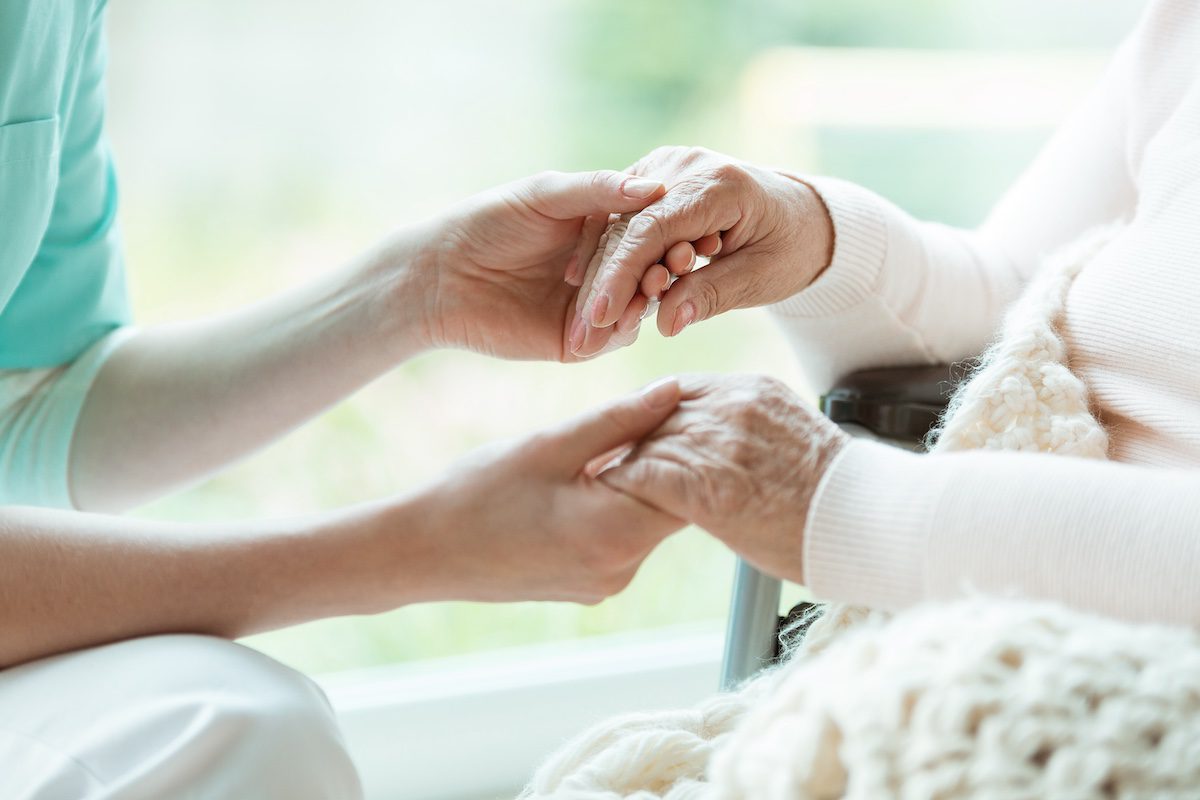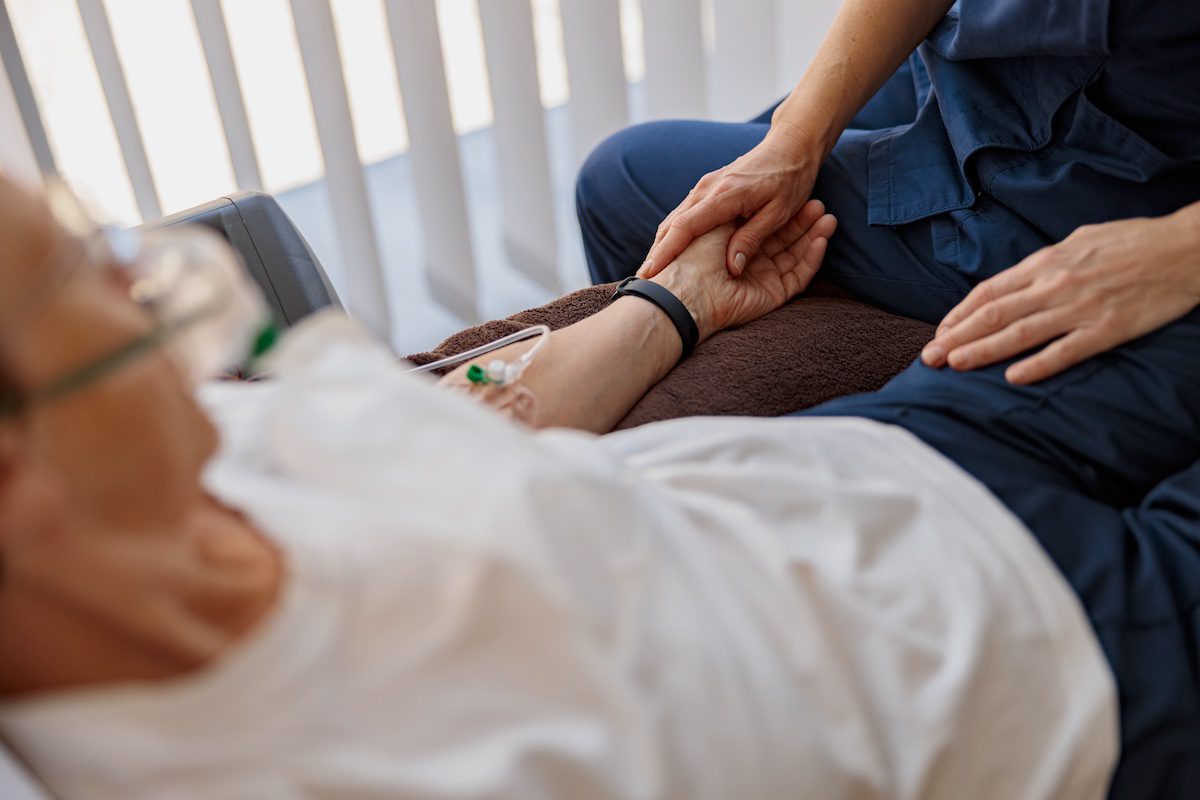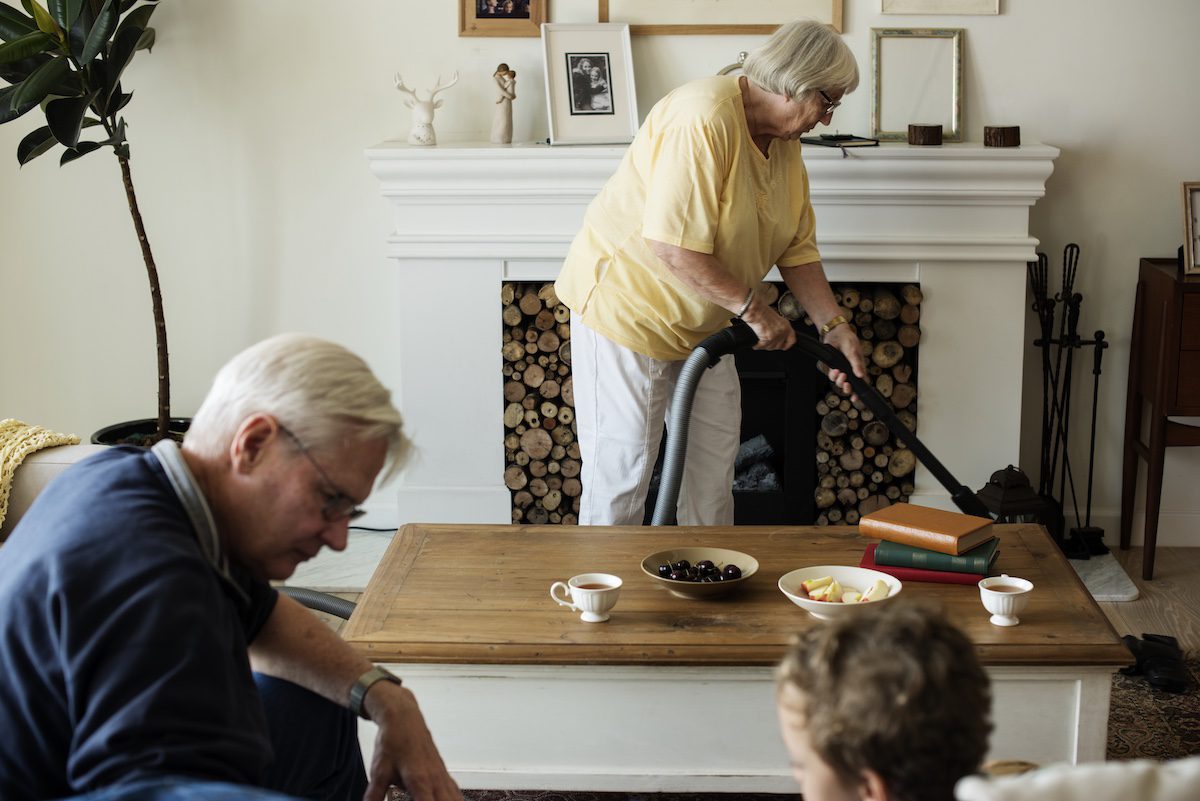Who Do You Turn To In Times Of Crisis?
There are some that are fortunate to have a lot of people in their corner when tough times come, but not everyone is afforded that same luxury. Just as people differ in their circumstances, so too do they differ in the support systems they have in place. Some are lucky enough to have a large network of family and friends to rely on during tough times, while others may not have anyone at all.
For those who find themselves alone during difficult periods, it can be incredibly tough to get through. But it’s important to remember that you are not alone in your struggles. There are others out there who understand what you’re going through and can offer support especially when you are faced with a loved one dying.

A Dying Loved One Cannot Be Handled Alone
It’s never easy to find out that a loved one is dying. Whether it’s a family member, friend, or another significant person in your life, the news can come as a shock. You may feel a range of emotions, from disbelief and anger to sadness and despair.
When a loved one is dying, it can be an extremely difficult and emotionally charged time. Here are six ways you can help to support your loved one during this difficult time:
1. Be present. Just being there for your loved one can provide them with a great deal of comfort. Let them know that you are there for them and that you support them through whatever they may be going through.
2. Listen. Sometimes, all your loved one may need is someone to listen to them. Let them express whatever they are feeling, without judgment or interruption.
3. Offer comfort and reassurance. Reassure your loved one that they are not alone and that you will support them through whatever comes next. Offer them words of comfort and encouragement.
4. Help with practicalities. If your loved one is able to communicate what they need, see if there is anything practical you can do to help them. This could include running errands, helping with finances or paperwork, or simply being there to lend a hand.
5. Create memories. If your loved one is nearing the end of their life, create cherished memories together that can be looked back on in the future. This could involve taking a trip, looking through old photos, or simply spending time together doing things they enjoy.
6. Be prepared for the end. Once your loved one has passed away, you will need to take care of practicalities such as funeral arrangements and sorting out their belongings. It can be helpful to talk about these things in advance so that you are both prepared for what lies ahead.
The most important thing you can do is to be there for the person who is dying. Offer your support and love, and let them know that you’re there for them. If they want to talk about their feelings, listen attentively. And if they don’t want to talk, simply being present can be a comfort.
Try to stay positive and upbeat around the person who is dying. This can be difficult, but it will help them to feel better. Avoid talking about death or anything negative, and instead, focus on happy memories and good times.
Most importantly, cherish the time you have left with the person who is dying. Spend as much time together as possible, and do whatever you can to make their remaining days as happy and comfortable as possible.
Entering Into Hospice
As your loved one enters hospice care, you may find yourself feeling lost and alone. This is perfectly normal. Hospice can be a difficult time for both patients and their families.
Fortunately, there are many support groups available to help you through this difficult time. Here are just a few of the groups you may want to turn to for support:
1. Hospice Caregivers Support Group
This group is open to anyone who is providing care for a hospice patient. It is a safe place to share your experiences, worries, and concerns with others who understand what you are going through.
2. Grief Support Group
If you are struggling with grief, there are many support groups available to help you cope. These groups can provide a listening ear, a shoulder to cry on, and helpful resources.
3. Hospice Volunteers
If you are interested in helping others who are going through the hospice journey, consider becoming a hospice volunteer. Hospice volunteers provide companionship, support, and practical assistance to patients and their families.
4. Faith-Based Support Groups
If you find comfort in your faith, there are likely many faith-based support groups available in your community. These groups can offer prayer, guidance, and spiritual support during this difficult time.
5. Online Support Groups
There are also many online support groups available for those dealing with hospice care. These groups can provide 24/7 support and allow you to connect with others from around the world who are going through similar experiences.

Five Benefits To Grief Counseling
Grief counseling can help you deal with these emotions and start to heal. Here are five benefits of grief counseling:
1. You will have someone to talk to who understands what you are going through.
2. You will learn healthy coping mechanisms for dealing with your grief.
3. You will find support and understanding from others who are grieving.
4. You will gain insight into your own grieving process.
5. You will be able to work through your grief in a safe and supportive environment.
No matter what type of support you are looking for, there is likely a group out there that can help. Don’t hesitate to reach out for help during this difficult time.
Training That Can Help
There are many things that you can do to support your loved one during this time, but one of the best things you can do is to get some training on hospice care. There are many different types of hospice care training available, but some of the most popular ones include end-of-life doula training, grief counseling training, and palliative care training. Each of these trainings can help you in different ways to support your loved one during hospice care.
End-of-life doula training can help you to be a better support system for your loved one during their hospice care. This type of training will teach you how to provide emotional and practical support to your loved one during their end-of-life journey.
Grief counseling training can help you to understand the grieving process and how to best support your loved one during this time. This type of training will also help you to deal with your own grief after your loved one passes away.
Palliative care training can help you to understand the medical aspects of hospice care and how to best support your loved one through these treatments. This type of training will also help you to deal with any ethical or moral concerns that you may have about hospice care.

You Are Not Alone
It can be difficult to watch a loved one go through hospice care. Not only are you dealing with the prospect of their death, but you are also dealing with the day-to-day reality of their declining health. It can be easy to get lost in your own grief and anxiety during this time.
However, it is important to remember that you cannot take care of your loved one if you do not take care of yourself. Make sure to take time for yourself, even if it is just a few minutes each day. Ultimately, remember that you are not alone. Others have gone through this before and are willing to help you along. So, reach out and ask for help.




